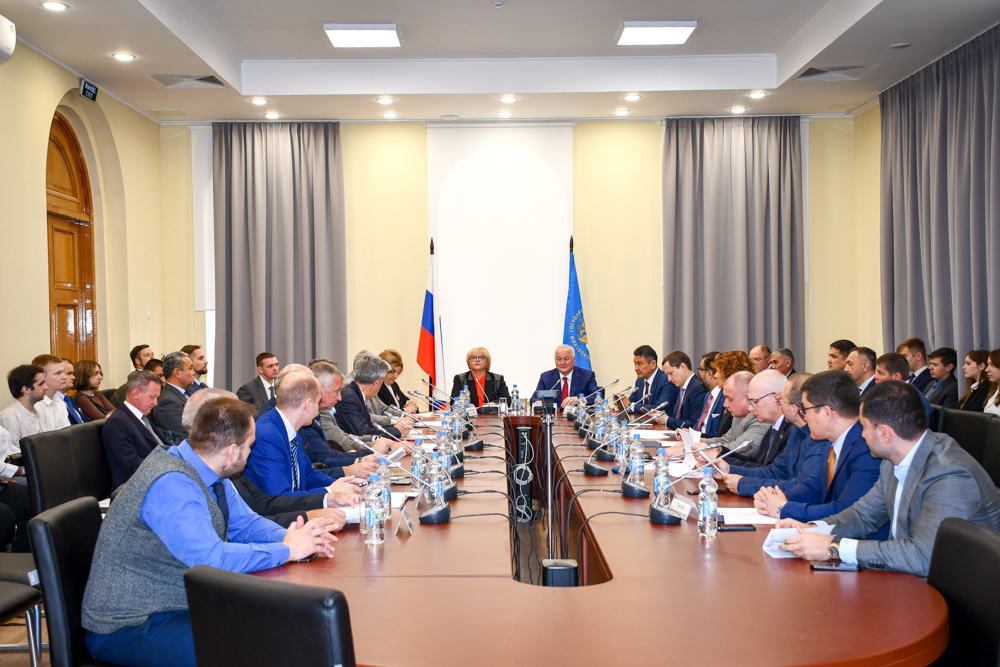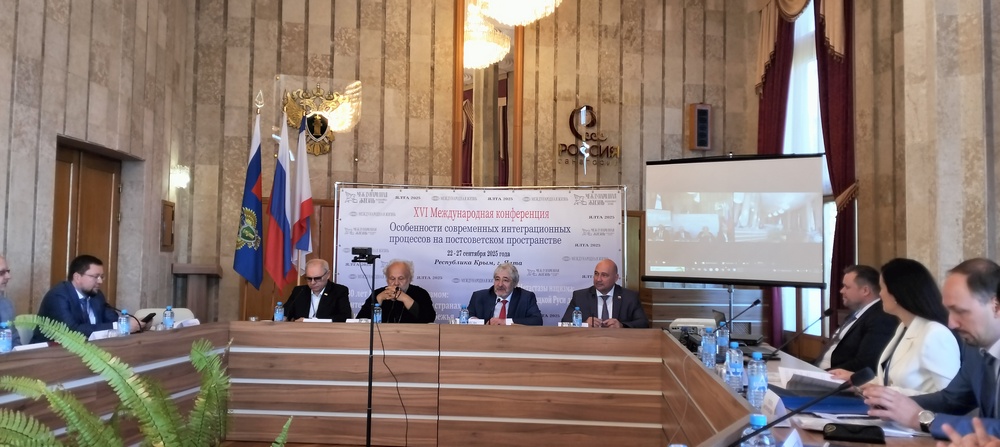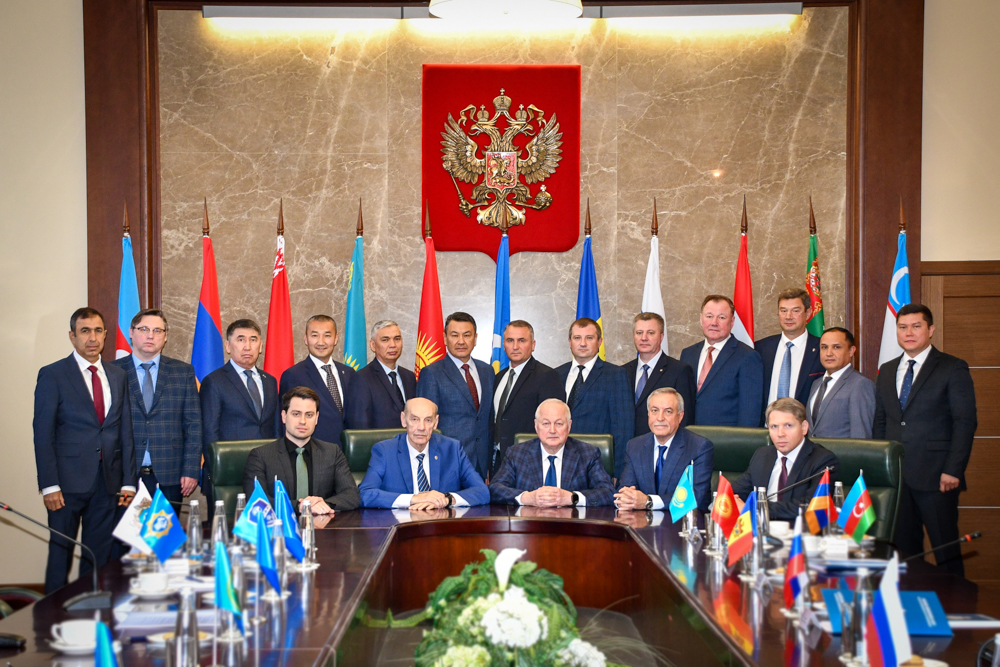October 22, 2014
Dear Chairman, colleagues,
I would like to thank the organizers of the international conference for the opportunity to address you here, for the excellent preparation of the event, for including the most burning issues on its agenda.
On behalf of the CIS Anti-Terrorism Center, I would express a common concern of our partner-states over the topic of this session: mercenaries or foreign fighters.
The mercenary terrorism has gained a surprising development today. The contemporary international terrorist organizations attracting foreign fighters pursue a mid-term goal to change the governance model in the entire sub-regions, to fragment states, and to create new state formations. In this regard, the possibility for destabilizing states’ constitutional order in some regions through force solution of the internal problems significantly rises.
International terrorist invasion to Syria has been happening for the last years right before our very eyes. The force scenario of legitimate government over-throwing is implemented with use of foreign fighters. Today citizens of many countries take part in the Syrian armed conflict. We call them international terrorist groups. CIS citizens appeared to be widely involved into the Syrian conflict as foreign fighters. The number of recruits from the Central-Asian countries and Russian Federation participating in the Syrian conflict keeps increasing. According to our information, today at least 1500 citizens of the Commonwealth are members of the international terrorist organizations in Syria.
What are the measures undertaken by the Commonwealth competent authorities?
They identify and register the citizens associated with terrorist activity in the armed groups as part of the international terrorist organizations outside the Commonwealth: in Syria, Afghanistan and other hot spots. They investigate cases under the criminal code articles envisaging penalty for mercenary activity, participation in the foreign armed conflicts, undergoing extremist and terrorist training, recruiting.
Within the framework of counter-mercenary activity, the CIS law-enforcement agencies focus mainly on identification of persons recruited by the respective structures and obtained special training. At this, we notice departure of the CIS citizens to the variable training centers both from the CIS states under the mask of theological education, and from Europe where they live as refugees or children of the refugees of 90ies who have already obtained the European citizenship. The return of the fighters, who gained combat experience in the hot spots, back to the places of permanent residence in the Commonwealth, their further participation in the subversive activity against constitutional foundations of our countries have become a serious problem for the CIS states.
We highly appreciate the efforts taken by the international community in countering terrorist activity of the foreign fighters.
From our side we see the following possible directions of international cooperation in countering terrorist use of foreign fighters.
First, we have a task to update provisions of the international law related to foreign fighters. The good part of such provisions has become outdated and fails to reflect in full the realities which characterize activity of international terrorist groups. Today the states solve the problems of legal liability for mercenary (foreign fighters) activity at the national legal level. This is the way chosen by the legislators of most CIS states, including Russian Federation, Azerbaijan Republic, Republic of Kazakhstan and some others. However, there is definitely a need in updating international legal standard in this sphere.
Second, we fully support the idea of developing international legal base on private military and security companies to exclude their use for training and employment of foreign fighters.
Third, we believe that under the specialized agencies of the UN, INTERPOL, SCO, CIS, ASEAN there is a need to seek for information exchange on individuals and entities participating in mercenary activity. The CIS Anti-Terrorism Center has already begun accumulating information, including the confidential one, in its specialized data bank on the individuals classified as foreign fighters and participating in the terrorist activity outside the Commonwealth, on the entities providing mercenary activity in wide spectrum, on the publishers and publications of the literatures related to training foreign fighters, terrorists and extremists.




